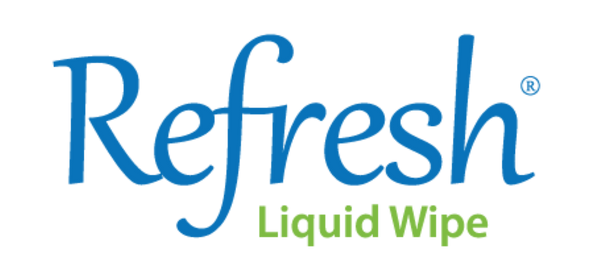“Flushable” is a word we see on wipe packaging all the time—but what does it really mean when it comes to your home’s septic system? This is another one of those questions we are asked frequently, so, if you're a homeowner or renter relying on a septic tank, understanding the relationship between flushable wipes and your septic system is essential to avoid costly repairs.
The Truth Behind “Flushable Wipes”

Just because a wipe is labeled flushable doesn’t mean it's truly safe for your pipes or tank. As you have probably seen in some of our other articles, flushable simply means the wipe can physically go down your toilet. However, once it enters your system, things get tricky. Unlike toilet paper, many flushable wipes don’t break down quickly or fully. They can accumulate over time and lead to clogs, backups, or worse—expensive damage to your septic system.
Are There Really Septic Safe Wipes?
A few manufacturers have made strides in developing septic safe wipes that disintegrate faster and are less likely to cause issues. These wipes are typically made with plant-based fibers and avoid synthetic binders or plastics. However, even these products should be used sparingly. Think of them as an occasional convenience—not a replacement for toilet paper. We definitely advocate for products with small to no impact on your septic system, such as a toilet paper foam.
When evaluating whether flushable wipes are septic safe, look for independent testing, certifications (like INDA or IWSFG standards), and consumer reviews. Keep in mind: just because one wipe passed in a lab setting doesn’t mean it’s safe for every unique septic system in the real world.
What Happens in Your Septic System?
Your septic system relies on natural bacterial processes to break down waste. When you introduce materials that don’t decompose easily—like synthetic wipes—it disrupts that balance. These wipes can:
- Clog your pipes before they even reach the tank
- Build up in the tank and lead to more frequent pumping
- Block outlet filters or drain fields, leading to backup or system failure
It's not just about the wipes themselves—fragrances, preservatives and cleaning agents in many wipes can also negatively impact the microbial health of your tank.
Best Practices: Septic System and Wipes
If you're committed to using wipes, follow these guidelines to protect your septic system:
- Choose wipes specifically labeled as “septic safe wipes”
- Use only one wipe per flush—don’t overdo it
- Avoid wipes with plastic fibers or harsh chemicals
- Consider switching to alternatives like toilet paper foam, which adds moisture for cleaning without introducing non-dissolvable materials
Final Verdict
So, are flushable wipes septic safe? The answer: not always. While there are wipes on the market that are more septic-friendly than others, even the best ones should be used cautiously. When in doubt, remember the golden rule of septic systems—if it’s not toilet paper or waste, don’t flush it.
If toilet paper foam sounds like a good alternative solution, check out our Refresh Liquid Wipe line of products. They are gentle on pipes and septic tanks, super eco-friendly and best of all, provide peace of mind.
